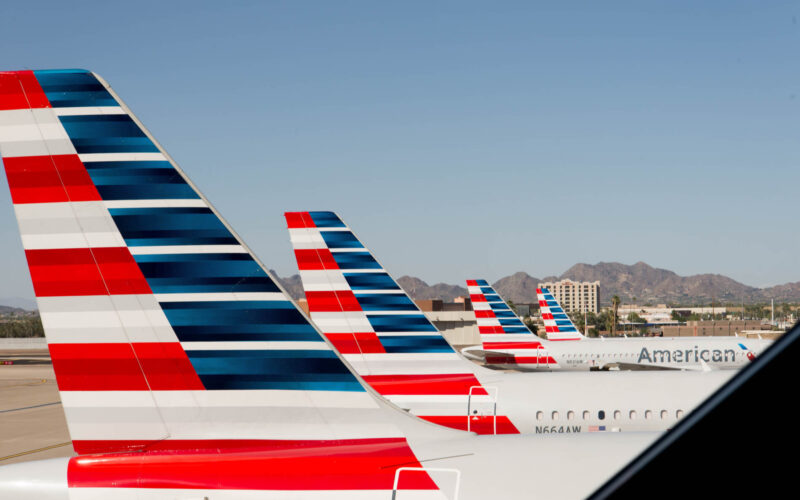While the air travel is restricted, airlines are looking for ways to recreate the experience on the ground and raise cash. American Airlines (A1G) (AAL) are going for wine.
Due to the restrictions on in-flight alcohol consumption, American Airlines (A1G) (AAL) found itself with an excess of alcohol and decided to offer it to its customers. On January 21, 2021, the airline announced the new American Airlines Flagship Cellars program allowing customers older than 21, to buy a bottle of wine or a monthly subscription plan of three bottles a month. One bottle’s price ranges from $13 to $40, while the subscription costs $99 per month.
The wine bottles will be the ones that would be normally served to passengers with American Airlines’ (A1G) (AAL) “Flagship” tickets. “We created Flagship Cellars to provide more ways for customers to enjoy our Flagship wine even if they aren’t flying in one of our premium cabins,” said Alison Taylor, Chief Customer Officer at American.
The new wine delivery program is estimated to bring in about $40,000 to $50,000 in sales during the first three months of 2021, said American Airlines (A1G) (AAL) spokesperson.
In October 2020, the airline reported $2.4 billion net loss in the third quarter of 2021, compared to a $425 million profit it made in 2019.
Other airlines, including Easyjet and KLM in Europe, Delta Air Lines in the United States, and Asia’s Virgin Australia have also stopped selling in-flight alcoholic beverages.
In September, 2020, Qantas Airways sold 1,000 stocked bar carts, taken from its recently retired Boeing 747 fleet. To recreate the flight service at home, the carts include bottles of champagne and wine, some snacks and even a first class Qantas pillow. The price for one cart was around 1,400$.
In 2019 British Airways introduced its signature Pickering’s Gin. The centenary gin was made available to purchase on short-haul flights in May 2019 as part of the airline’s 100-year anniversary celebrations. Due to COVID-19, British Airways had to suspend its Buy Onboard service and was left with excess inventory. The company decided to sell the drink online – a case of 24 mini bottles for 32.00£.

